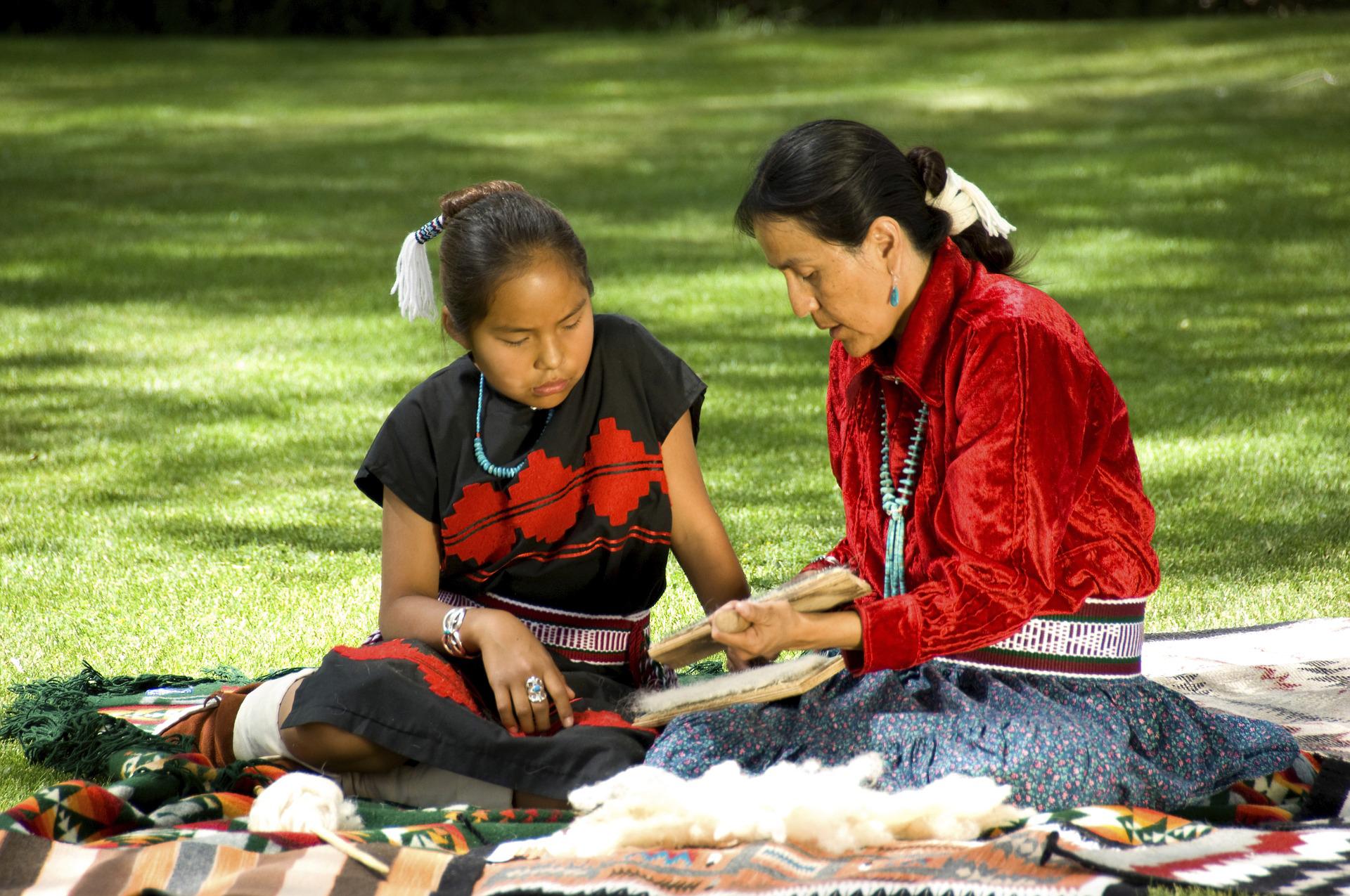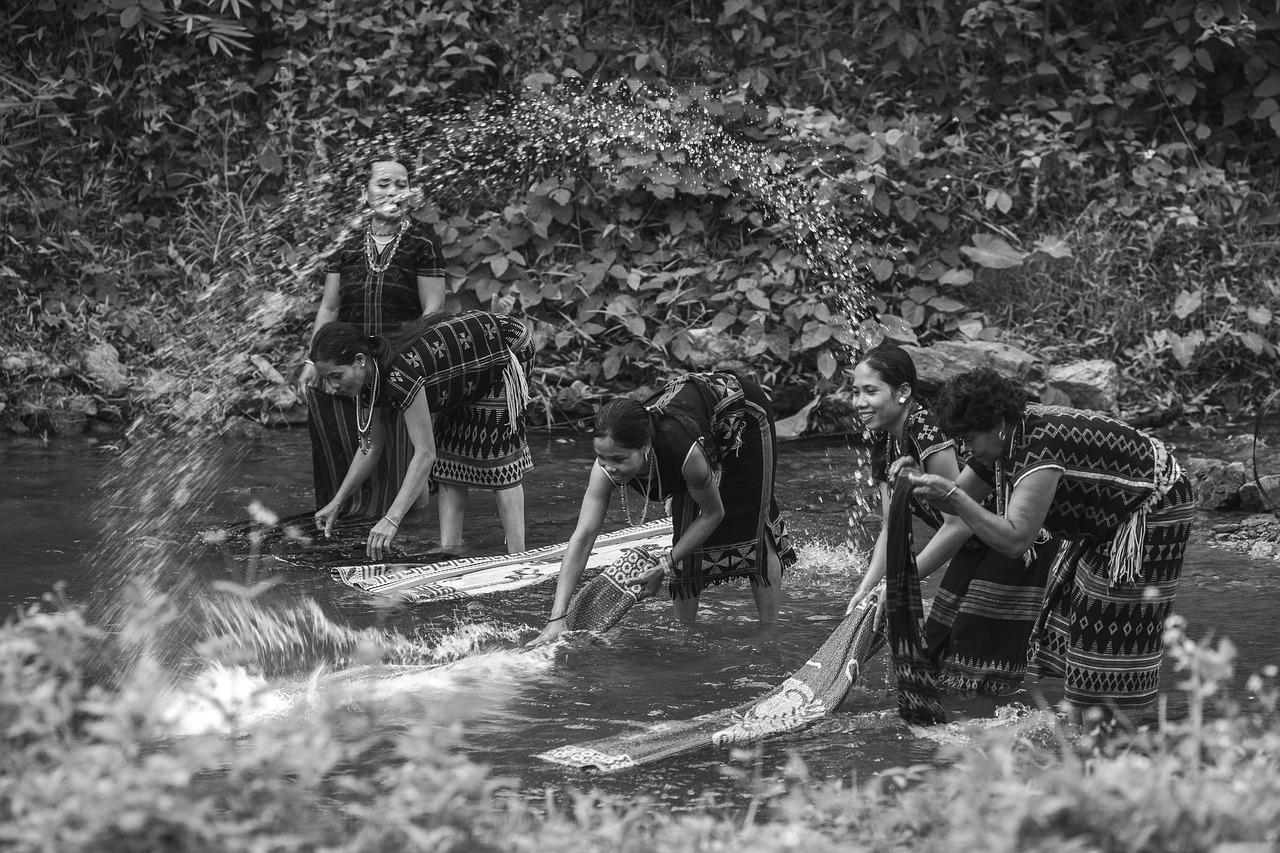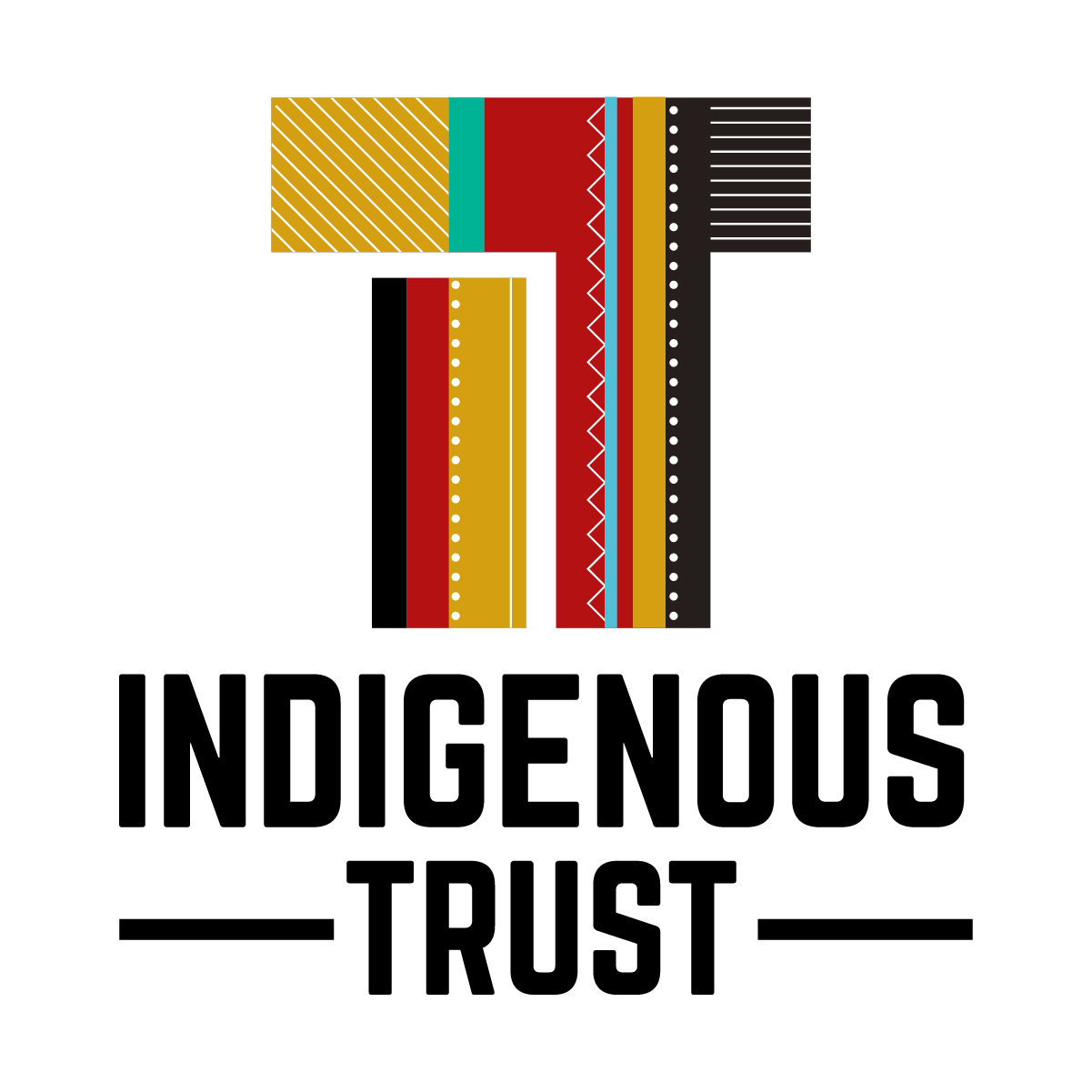Welcome To
INTRUST
An original platform for
Original Peoples
Four Purposes of InTrust
Purpose 1: A call for return and justice
Purpose 2: An authoritative lectern for Indigenous voices
Purpose 3: Permission to build around Indigenous knowledge and science
Purpose 4: Ending the red-out of Indigenous Peoples (in media, politics, business, and education)

A Call for return and justice
There is a major move across the United States and the world to honor Indigenous requests for land return. While some municipalities have returned land, there seems to be no incentive for governments, corporations, churches or families to return Indigenous land and associated resources. Los Angeles County, in the State of California, decided to return land to a non-Indigenous family in 2022. In associated articles, there was very little mention of the fact that all land in the United States was (and is) stolen from over six hundred American Indian/Native American nations. An attorney for the Gabrielino Tongva People (the Indigenous People of what is now Los Angeles) wrote that “there can be no healing if healing for one community rests on the erasure of another community.” This is one story among many in the United States and globally that presses us to affirm that Indigenous Peoples must be prioritized within justice work. Indeed, within those conditions, one of the core purposes of Indigenous Trust is to highlight pathways toward justice – including the return of stolen Indigenous land – as part of a national and global response to perpetual theft from Indigenous Peoples.
An authoritative lectern for Indigenous Peoples
Returning is not just about return of land and other resources. It is also about Indigenous Peoples returning to positions of prominence. Indigenous Peoples ought to be in roles as Supreme Court justices, corporate CEOs, university presidents, and sports executives. Why is this? Much of the work around Indigenous Peoples in the United States tends to focus on an old anthropological notion that Indigenous people are dying off and that their “cultures” are in harm’s way. This devaluation of Indigenous life keeps American Indian/Native American Peoples outside lecture halls of universities, boardrooms of corporations and the chambers of governments. However, Indigenous perspectives are critical to our most pressing human issues – from climate change to biomedical ethics to the emergence of virtual, artificially intelligent worlds. At Indigenous Trust we position our platform as a way of returning American Indian/Native American and other Indigenous Peoples into positions of influence across the United States and the world. We welcome stories from and conversations with Indigenous Peoples that help narrate this return.
Permission to build around Indigenous knowledge and science
As we place Indigenous voices and presences back into prominence, our goal at Indigenous Trust is to place Indigenous knowledge and insight back into the center of education, business and innovation. Our platform supports the building of infrastructure in the physical and digital worlds that privileges Indigenous communities and relationships that have housed this knowledge and insight for millennia. Additionally, our platform supports innovations from within Indigenous communities that address and undo the effects of colonialism and imperialism. Our intention is for Indigenous Trust to be a lens and toolkit through which the world is re-constructed in relationships with Indigenous Peoples and through Indigenous perspectives on everything from genomics, to transportation, to electoral politics.
Ending the red-out of Indigenous Peoples (in media, politics, business and education)
Your children might read the Declaration of Independence in their history class. Do you know what it calls Indigenous Peoples in the United States? “Merciless Indian Savages.” All dehumanization of American Indian people is rooted in that statement. News agencies such as CNN and the New York Times choose to not tell stories through the minds of American Indian/Native American journalists. The Republican and Democratic parties do not place American Indian/Native American peoples into positions to become President or to occupy other political/governmental offices across the United States. Corporate boardrooms turn American Indian/Native American and other Indigenous Peoples into obstacles to corporate profit. Universities place Indigenous Peoples into marginal academic spaces. This wide-scale dehumanization of American Indian/Native American peoples in the United States is the product of centuries of media that has purposefully turned American Indian/Native American people into enemies of the State. Within those conditions, Indigenous Trust places purposeful pressure on leaders in media, politics, business and education to reverse the erasure (the “red-out”) of American Indian/Native American and other Indigenous Peoples. As a solution, we will roll out short-form and long-form stories that privilege Indigenous worlds and perspectives.

Business & Innovation
The world needs a hub for seeing and hearing Indigenous perspectives on all of the world’s major problems. Here at InTrust, we invite Indigenous Peoples within the United States and around the world to join us in sharing ideas and arguments for directions that we ought to move as a global community. We also invite Indigenous Peoples to share their business interests as a way, for example, to gather support and create collaborations.

Grades
One of the drivers of InTrust work is to make entities/organizations accountable for what they have done to Native/Indigenous Peoples and to place Native/Indigenous Peoples in positions of authority and influence within those entities/organizations. With that in mind, InTrust will unveil a system of accountability (a list of “grades”) that will showcase gaps in relationships between Native/Indigenous communities and non-Native/non-Indigenous organizations.
“InTrust has the potential to transform the way that Indigenous people relate to the public and to one another. Native people need a platform that will center their voices and stories to represent modern Native people in an authentic way.”

